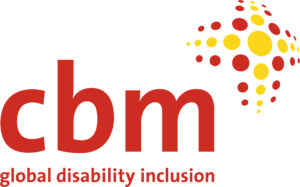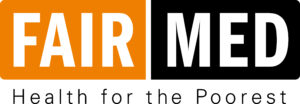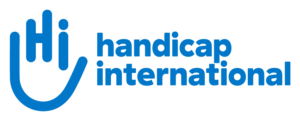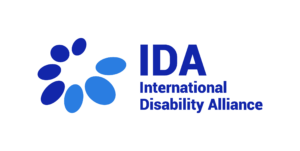SDDC is a Swiss based network advocating for the rights and inclusion of persons with disabilities in Switzerland's international cooperation.
Copyright CBM
What's new?
Switzerland was reviewed under the Convention on the Rights of Persons with Disabilities between March 14-16, 2022, in Geneva, Switzerland. The independent experts of the Committee posed questions to Switzerland on progress made on its implementation of the Convention, including numerous questions on international cooperation. Following the review, the Committee released recommendations, also known as ‘Concluding Observations’, which the Swiss Government must now implement and present progress on during the next review in 2028.
Overall, SDDC is pleased with the recommendations made by the Committee. They reflect the remaining gaps for achieving a disability inclusive Swiss development cooperation and reinforce what the SDDC has been calling for time and time again. They demonstrate that Switzerland still has some basic steps to take, notably the adoption of guidelines to ensure that all international cooperation programmes are disability inclusive. The guidelines should serve as a baseline for disability inclusion across all of Switzerland’s development and humanitarian work.
The Committee made recommendations to the Swiss government on the following areas with explicit reference to implementation within Swiss international cooperation and humanitarian action:
- Ensuring the participation of persons with disabilities in strategies and programmes as well as the SDGs (Concluding Observation no. 10a, 62b);
- Mainstreaming the rights of women with disabilities across international cooperation strategies and programmes and ensuring their effective participation (14a, 14c);
- Adopting an action plan to implement the Charter on the Inclusion of Persons with Disabilities in Humanitarian Action (24b);
- Collecting and disaggregating data on disability in all humanitarian and development programmes (60c);
- Adopting guidelines to ensure that all international cooperation programmes are disability-inclusive (62a);
- Consistently applying the OECD DAC disability marker (62c).
Read more in SDDC’s analysis on International Cooperation
The full list of Concluding Observations can be found here
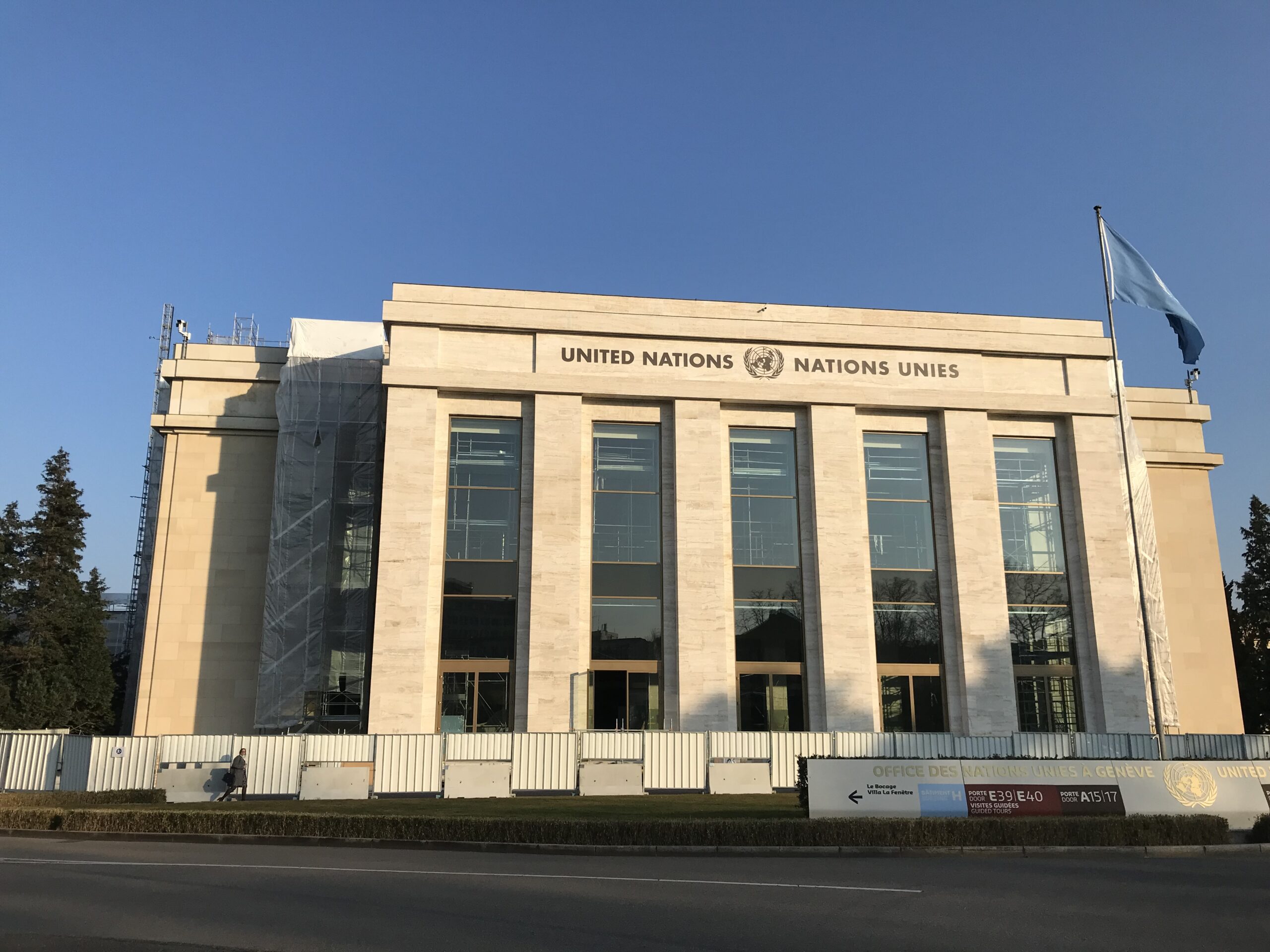
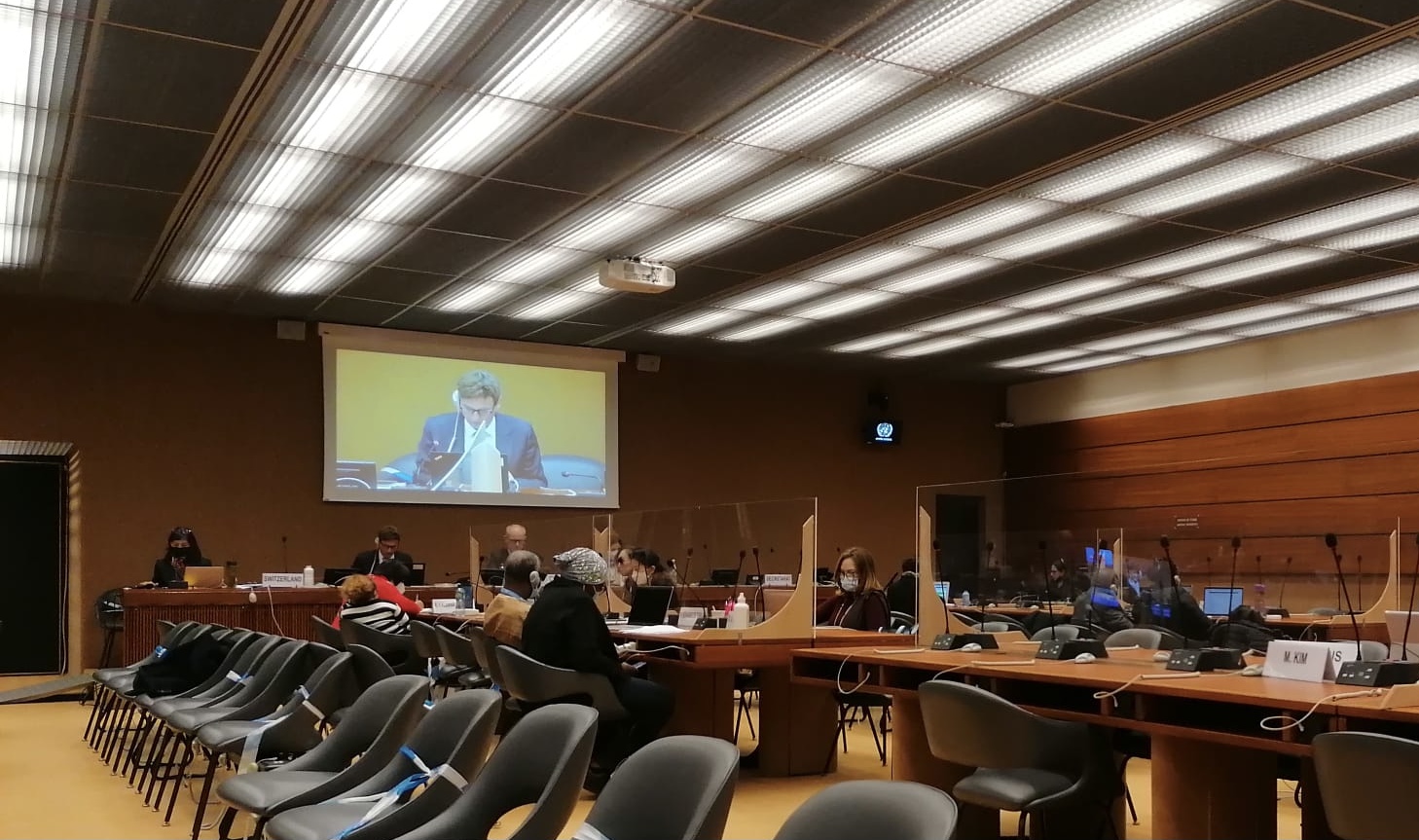
The PhotoVoice research launch and related photo exhibition was organised at the Embassy of Switzerland in Nepal on 8th March 2022.
The Swiss Ambassador to Nepal H.E Elisabeth von Capeller, CBM Global Nepal Country Director Mr Suraj Sigdel, Independent Researcher Ms Sony KC, Nepal Disabled Woman Association (NDWA) Chief Secretary Ms Meena Paudel and Deaf Artist and Research Participant Ms Rashmi Amatya addressed the opening session.
About 40 people representing various development organisations, local disabled people’s organisation and the embassy staff participated in the event. Three women participants of the PhotoVoice workshop- Ms Rashmi Amatya, Ms Ganga Chantyal and Ms Sunita Nepali were also present in the event.
“I like the exhibition so much, I am happy. This is a proud matter for me and other women with disabilities like me. Because this exhibition speaks how we are being marginalised in the society”, Rashmi commented after visiting the exhibition.
“I am so happy to see the exhibition in this form. I hadn’t thought that the photos we clicked will reach to so many people. I am glad to that we got an opportunity to share our stories”, another participant Ganga commented.
“I am a person with low vision so cannot see all the panels properly. I came to know that the exhibition is online and is in accessible form. I will definitely check the exhibition and will share the link with my friends,” Sunita commented. She also requested to get photographed in-front of her exhibition panel.
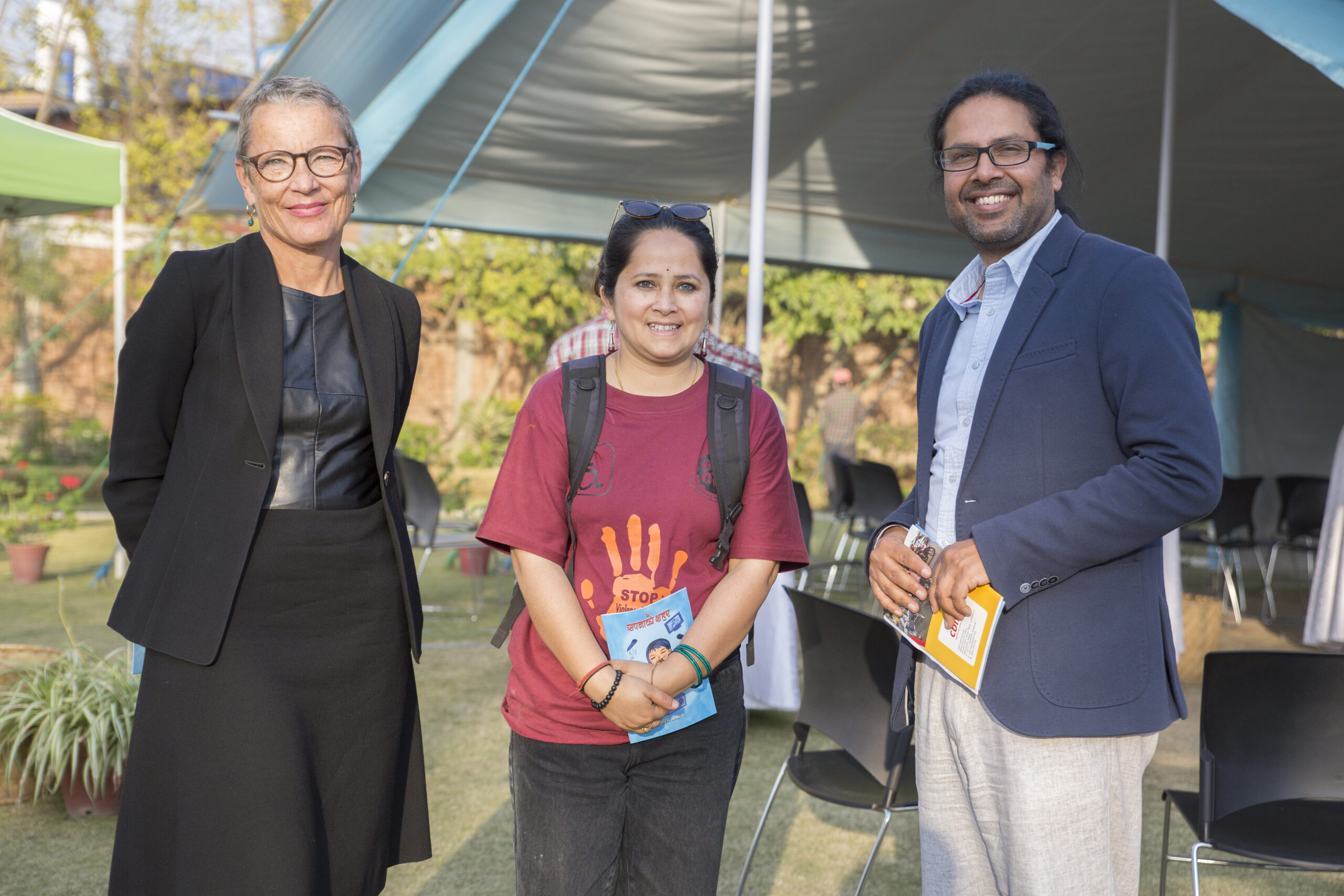
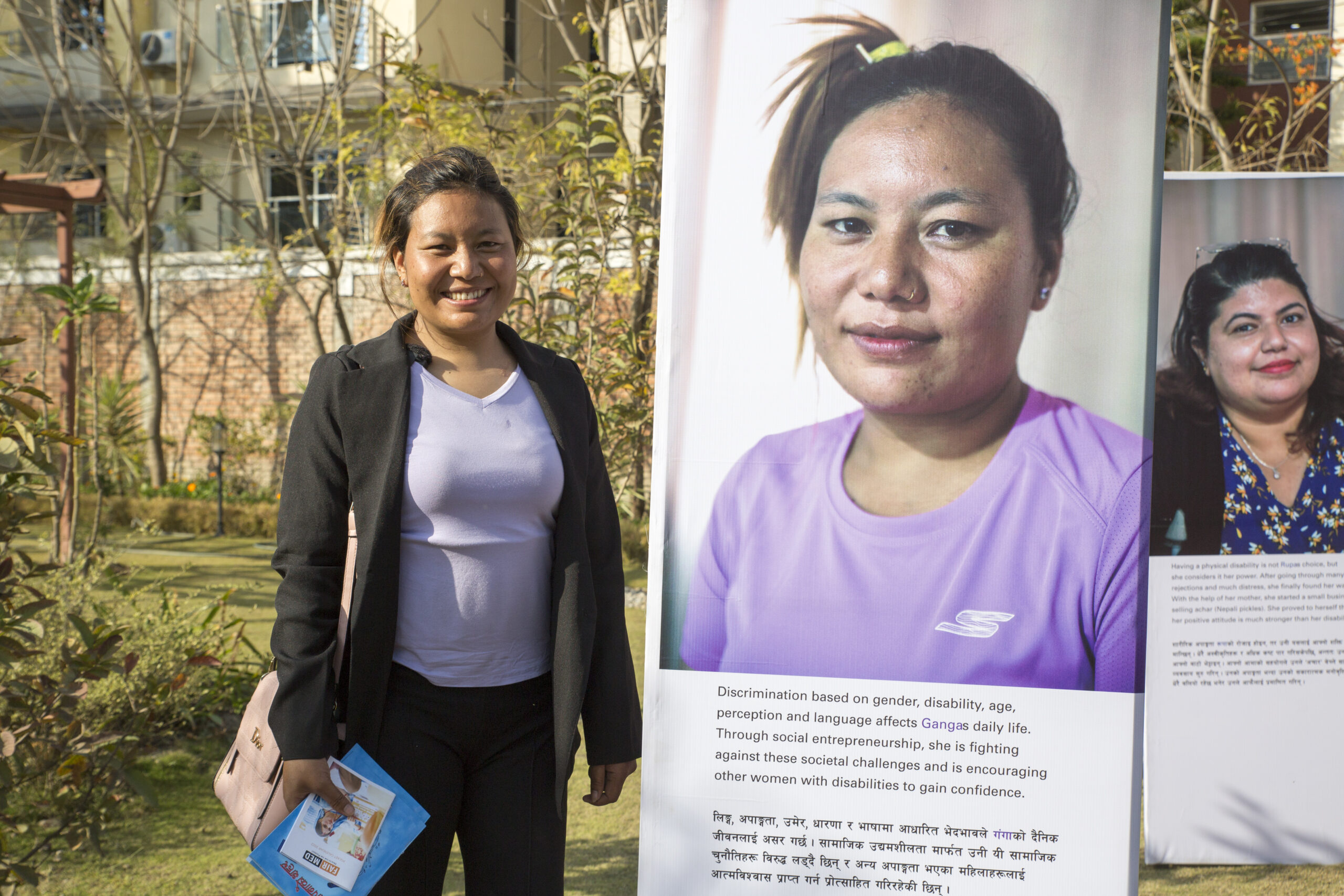
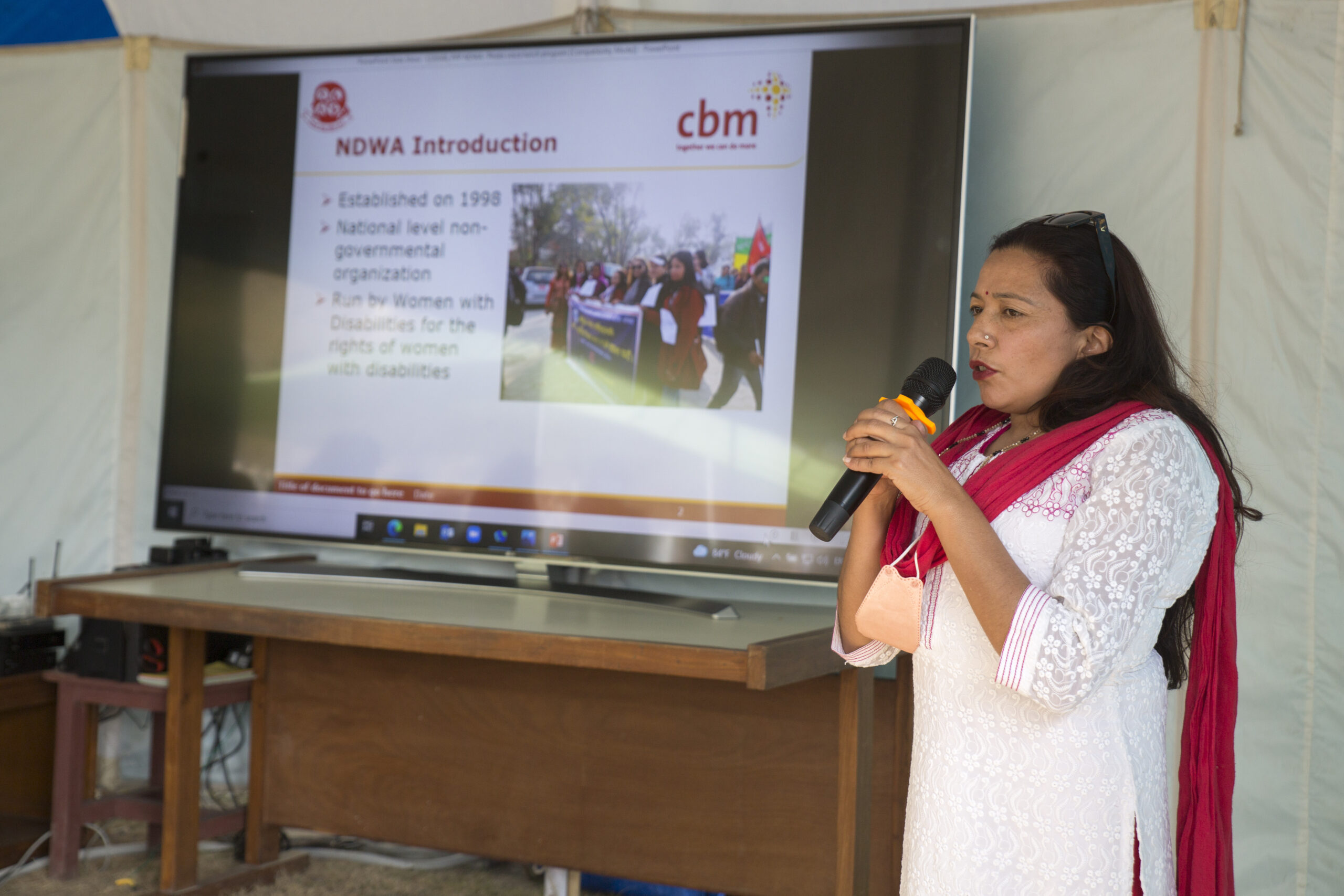
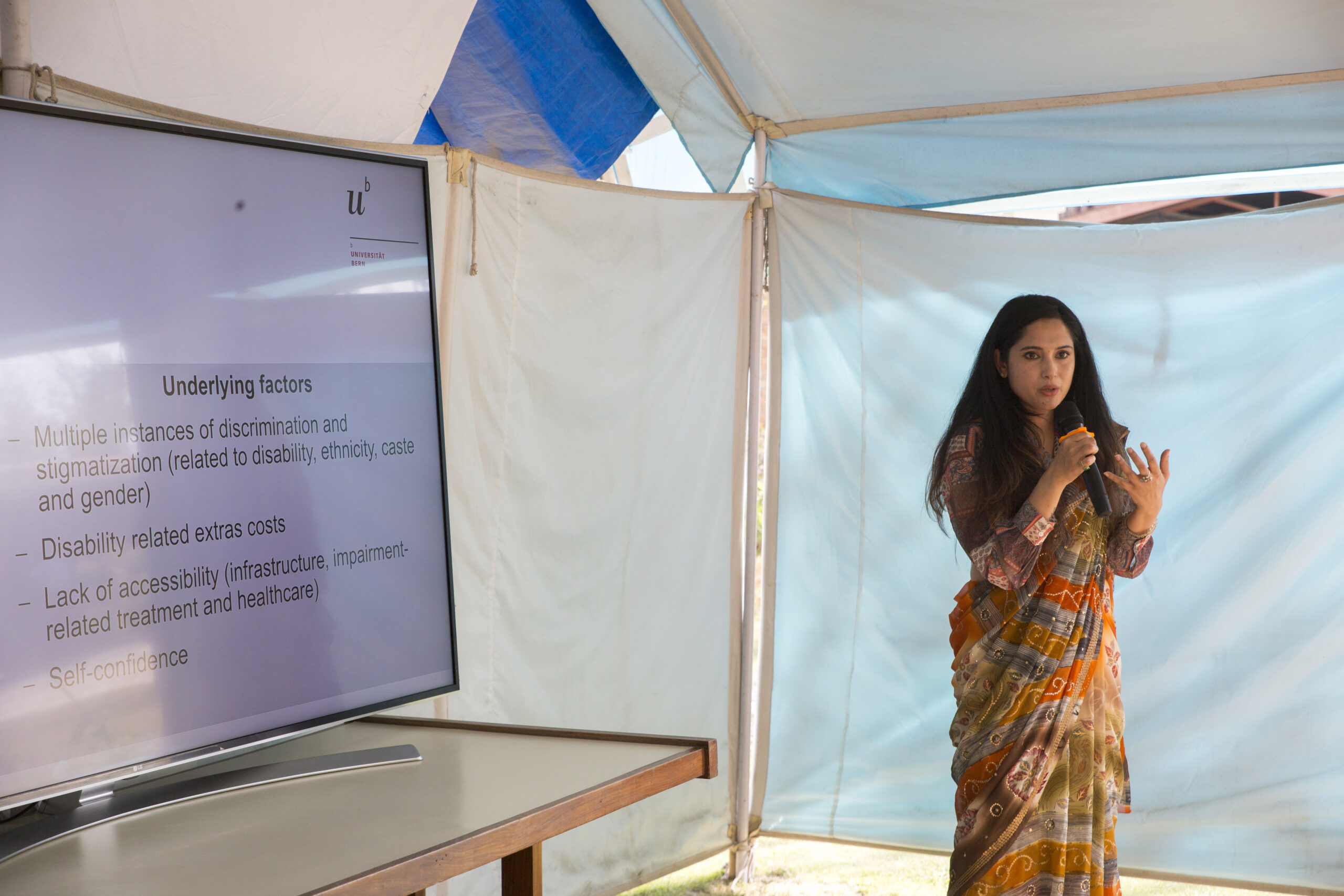
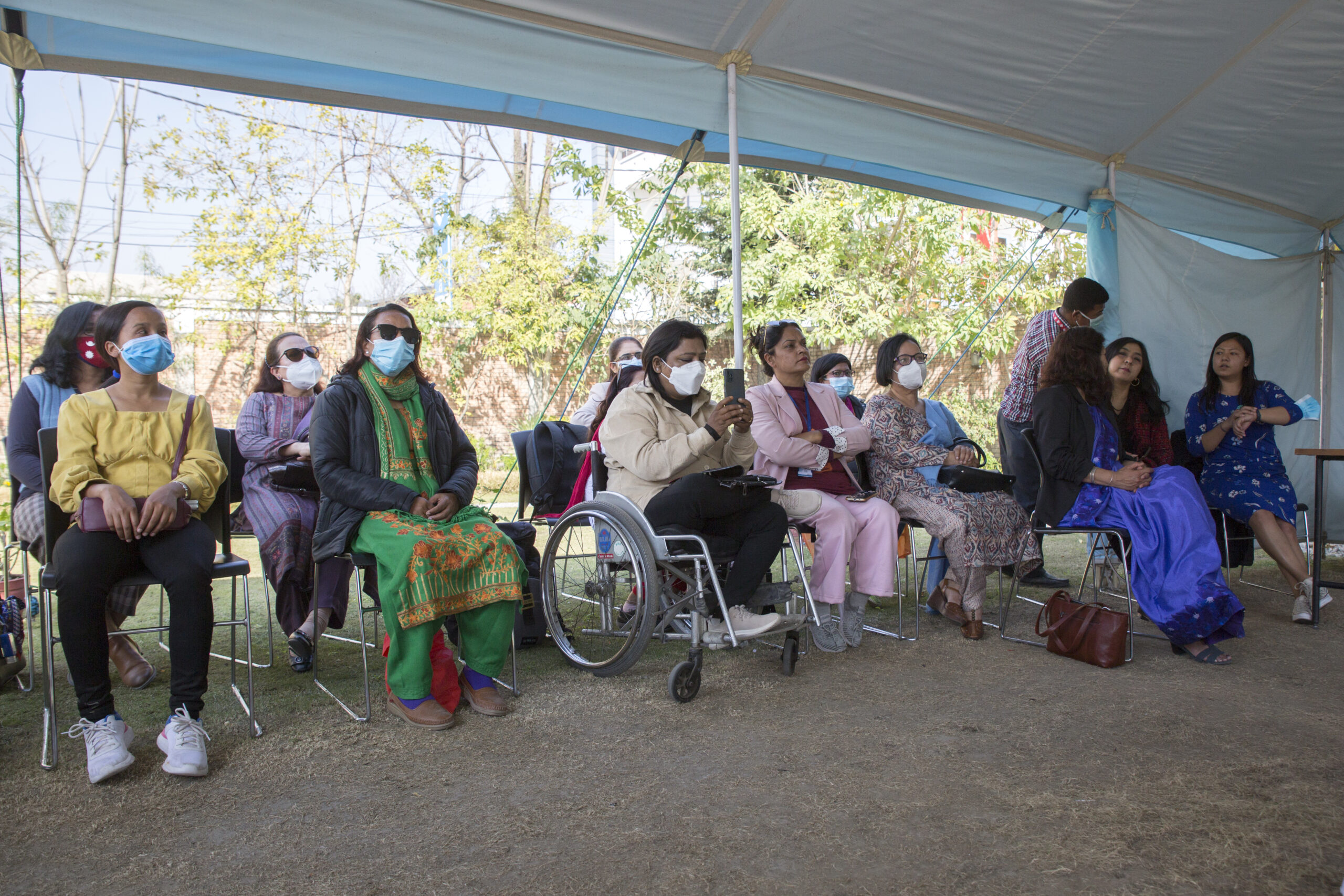
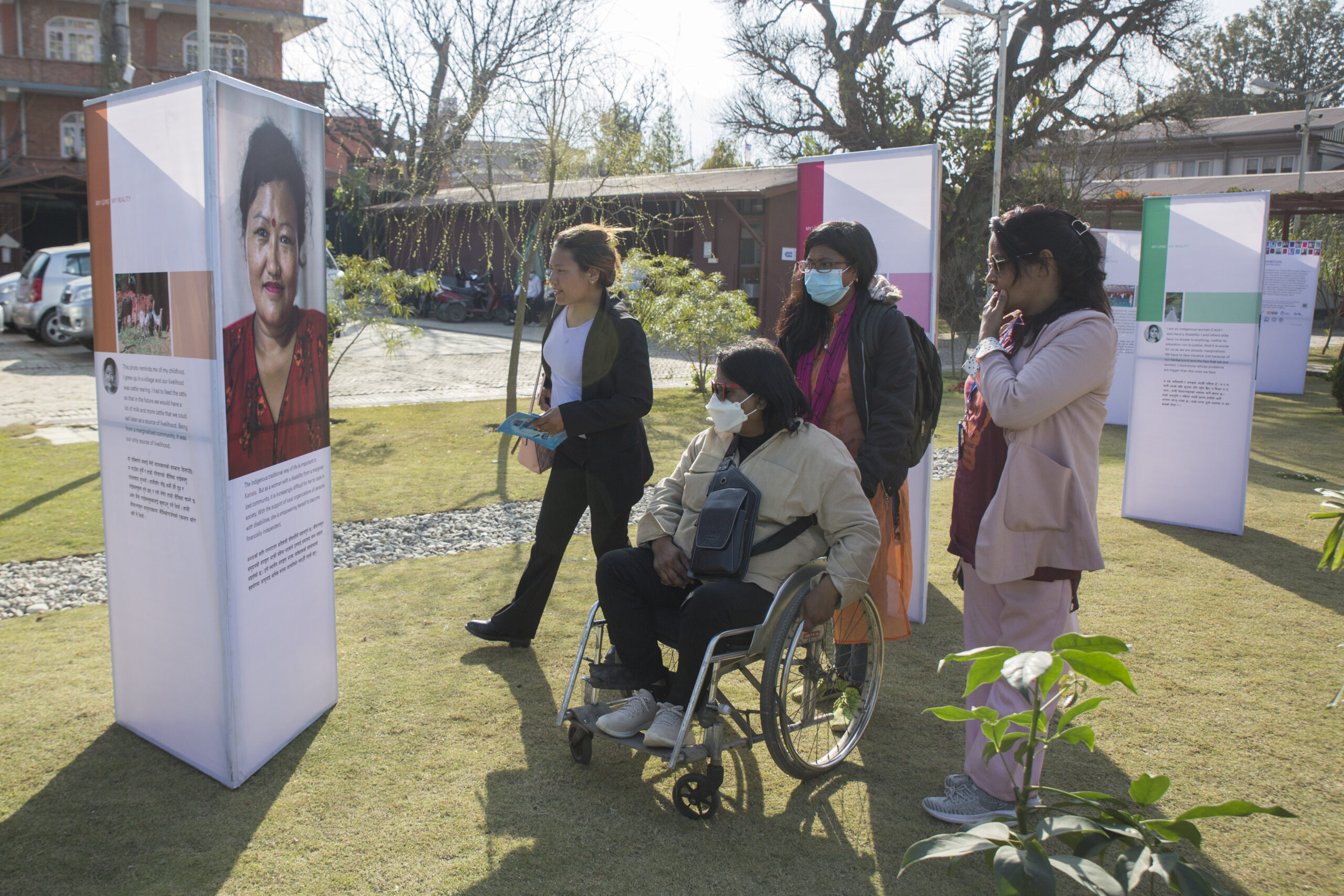
The study was commissioned by the SDDC in collaboration with four partner organizations of persons with disabilities (OPDs) in Nepal.
[custom-twitter-feeds]
Key Messages
How can Switzerland ensure the rights of persons with disabilities in the Global South?

Linguaggio dei segni LIS

No guidelines, no priority. Switzerland needs guidelines to inform its work on the inclusion of persons with disabilities in its international cooperation. Current efforts on disability inclusion are small scale, ad-hoc and mostly segregating.

Nothing about us, without us! Switzerland must ensure the full and active participation of persons with disabilities throughout all processes affecting them, including in its international cooperation. Arrangements must be made to enable their participation.

What isn’t counted, doesn’t count. Switzerland has committed itself to be a leader on data collection, but it is not systematically collecting and disaggregating data on disability in its international programmes.

Leave no one behind in humanitarian crises. Persons with disabilities are disproportionately affected in humanitarian crises. Switzerland committed itself to making its humanitarian action inclusive of persons with disabilities, but it is not clear how it is living up to its commitment.

What isn’t budgeted for, doesn’t get done. Switzerland must sufficiently budget for the inclusion of persons with disabilities in its international cooperation and must commit itself not to finance programs and services that segregate persons with disabilities from the community.

